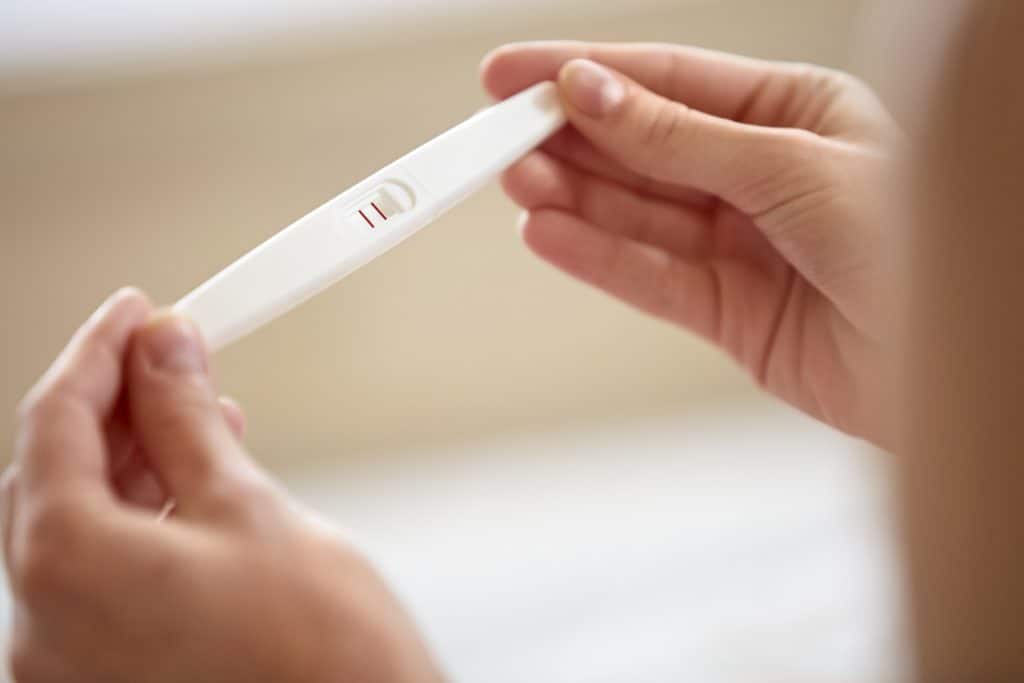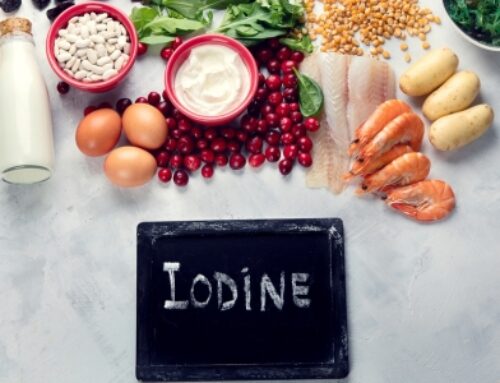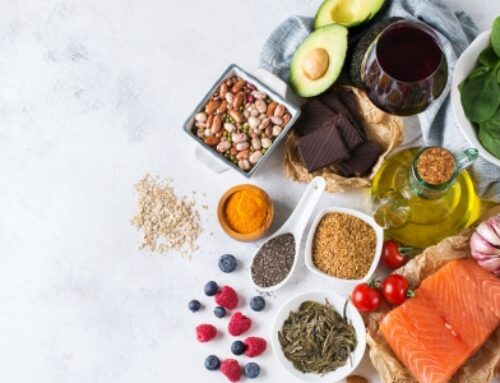
What does your pregnant body need and how do you eat enough of it?
This article is a brief summary of the key nutrients required in pregnancy and how to ensure you’re eating enough.
Protein – As your body provides 100% of the raw materials for your growing baby, your protein needs are dramatically increased during pregnancy. In saying that, it is unlikely that you would need to change your protein intake as the average Australian diet more than meets the recommended intake for protein.
If you’re unsure, aim to have a protein rich food at each meal. These foods are milk, yoghurt, cheese, beef, lamb, veal, pork, kangaroo, fish (fresh or canned), seafood, ham, eggs, soy beans, soy milk, tempeh and tofu. Protein is also present in smaller amounts in nuts, seeds, legumes and whole grains.
Essential fatty acids – An adequate in take of healthy, essential fats are vital for your baby’s brain and eye development. Essential fatty acids include both omega 6 and omega 3 fatty acids. Include some kind of healthy fat at each meal, such as avocado, extra-virgin olive oil, peanuts, walnuts, cashews, pine nuts, brazil nuts, almonds, linseeds (flaxseed), chia seed, sesame seeds, sunflower seeds and pumpkin seeds.
In particular the omega 3 fats from fish such as tuna, salmon, sardines and mackerel are particularly important for promoting good health and have a powerful anti-inflammatory effect within the body. Aim for 2-3 serves of these fish per week.
Try this salmon recipe.
Zinc – Severe zinc deficiency my lead to birth defects, premature birth or spontaneous abortion. Zinc is found in protein rich meat and seafood such as lamb chops and oysters. Whole grains, nuts, seeds and beans are also good sources of zinc. A high iron intake can decrease the absorption of zinc and vice versa. Aim to receive these nutrients through a healthy diet and only take supplements under the supervision of a dietitian or nutritionist.
Folate – Sufficient intake of folate is critical for the synthesis of DNA. Because the growth of the baby is so rapid during pregnancy DNA synthesis is at it’s peak. Folate intake must increase to meet these growing demands. Folate status and folic acid intake has been linked to the occurrence with neural tube defects. The neural tube closes at around 28 days pregnant, before most women even know they’ve conceived. Sufficient folate intake in the months prior to pregnancy will reduce the risk of a neural tube defect occurring in your baby.
Folate comes from legumes, green leafy vegetables such as kale and spinach, avocados and oranges. In Australia, bread making flour is fortified with folic acid meaning that eating bread daily will help meet your folate needs before and during pregnancy.
Vitamin B12 – A inadequate intake of vitamin B12 may also increase the risk of neural tube defects. Vitamin B12 is present in animal products (meat and dairy) and as such most women have sufficient intake of vitamin B12. Vegetarians and vegans, in particular, will need supplementation of vitamin B12 under guidance from a dietitian or nutritionist.
Iron – The body’s iron needs dramatically increases during pregnancy. The risk of iron deficiency is at it’s highest for a women during pregnancy. A supplement and a well planned diet is recommended under the guidance of a dietitian or nutritionist.
Check out this article on how you can maximise your intake of iron during pregnancy.
Calcium – Your body adapts dramatically during pregnancy to ensure that your body has all it needs without you having to eat more than the general recommendation. In saying that if you fail to eat the recommended intake of calcium you put yourself at risk of osteoporosis later on in life. Dairy is the best source of calcium. Choose low fat varieties for milk, yoghurt and cheese. If you’re lactose intolerant or have a dairy allergy check out this article on non-dairy sources of calcium for ways to meet your calcium requirements from other foods.
Vitamin D – A lack of vitamin D during pregnancy can lead to osteomalacia in yourself and rickets in your baby. 10-15 minutes of sun on the arms and face in Australia will ensure adequate vitamin D. If you have dark skin or cover up due to cultural reasons you may need to consider taking a vitamin D supplement. A blood test can screen you for deficiency and determine whether a supplement is necessary during your pregnancy.
Iodine – Iodine deficiency in pregnancy can cause cretinism in your new born baby (mental and physical growth retardation. Iodine is important in the development and function of the thyroid gland. Iodised salt is now added to all breads (except organic & unleavened) in Australia and New Zealand to address the emergence of iodine deficiency in Australia.
For more information on pre-conception nutrition check out our article.
If you’d like further help with your nutrition please click below:



